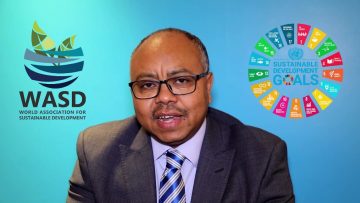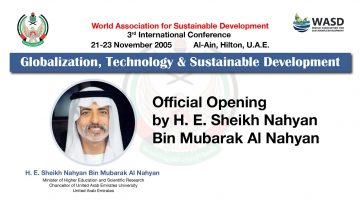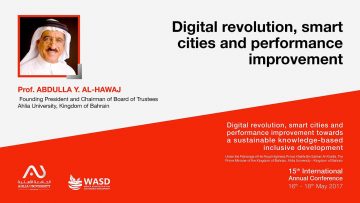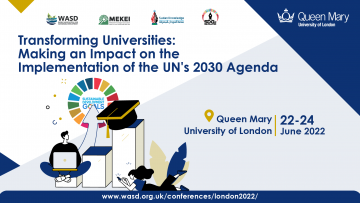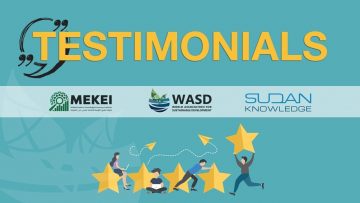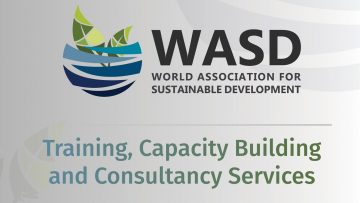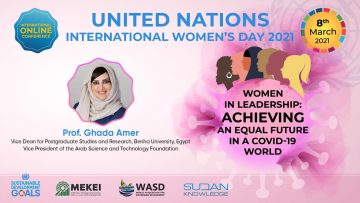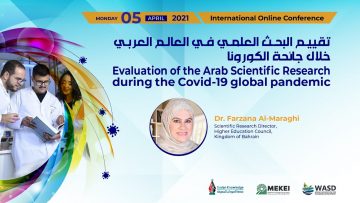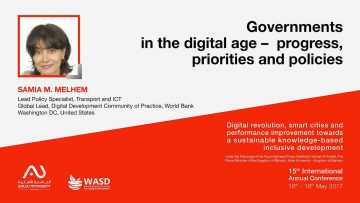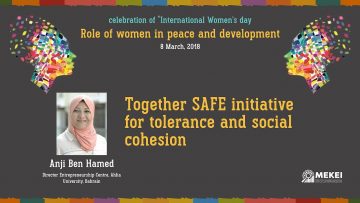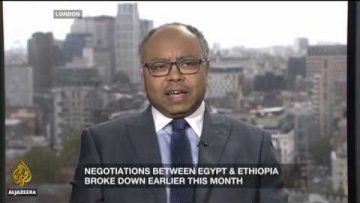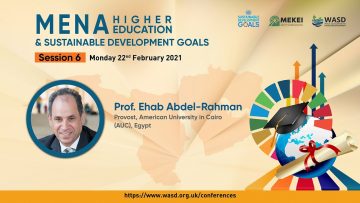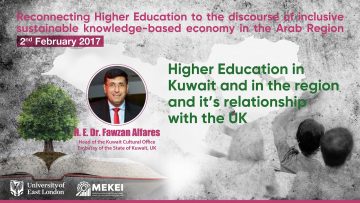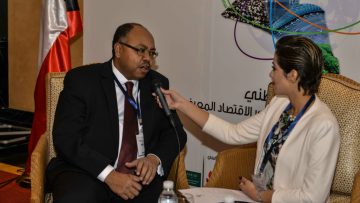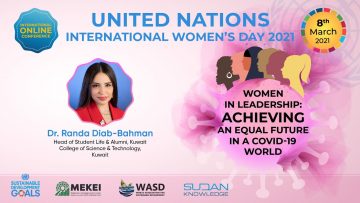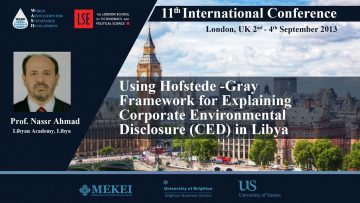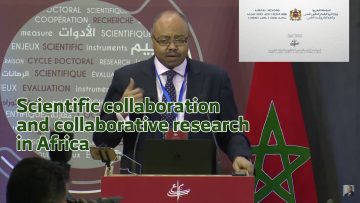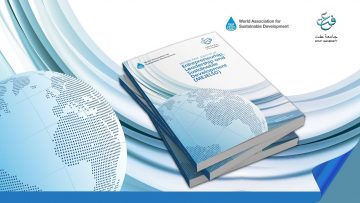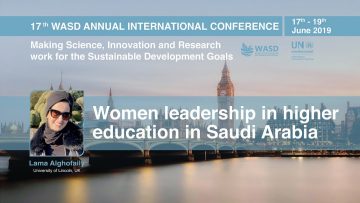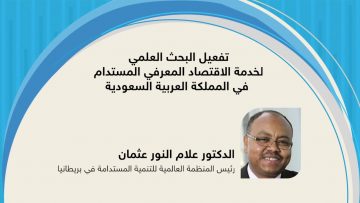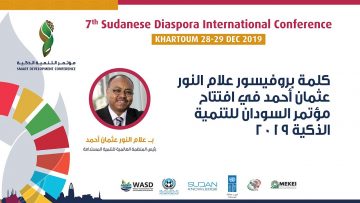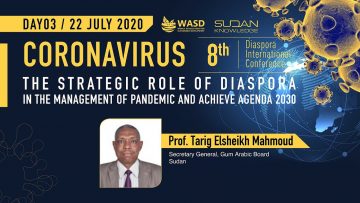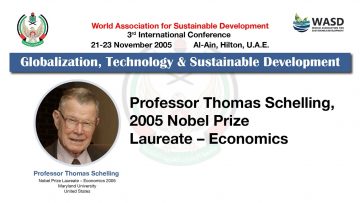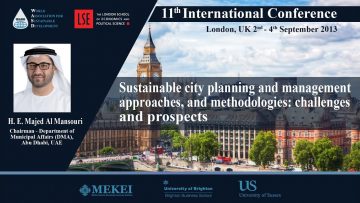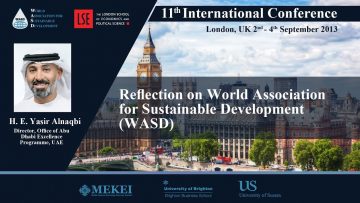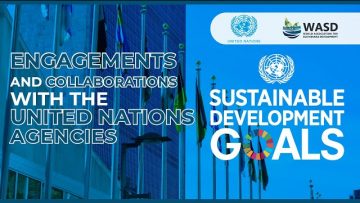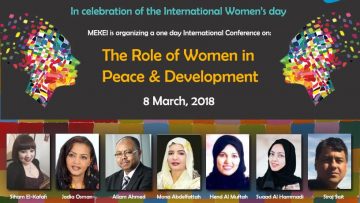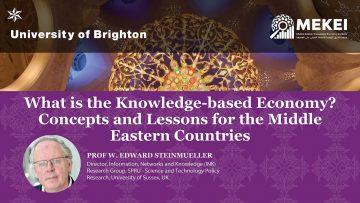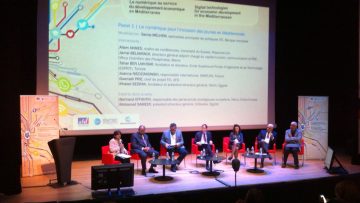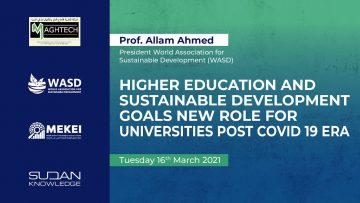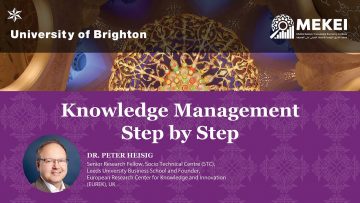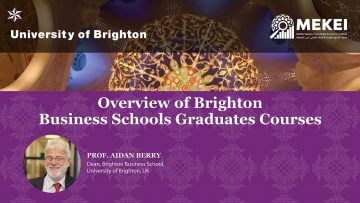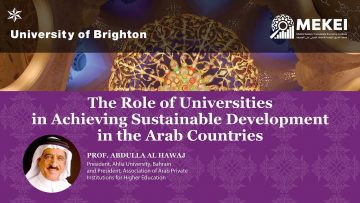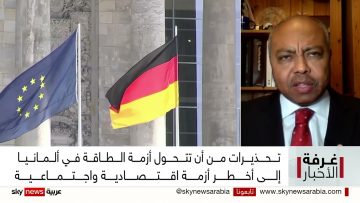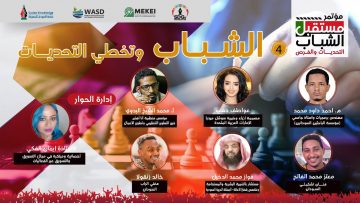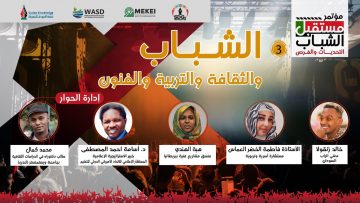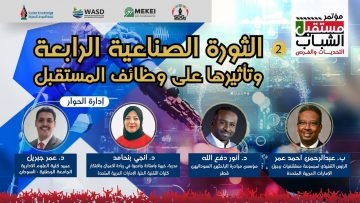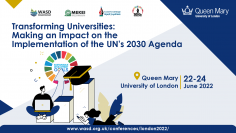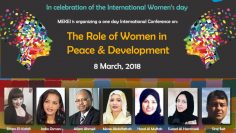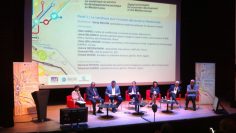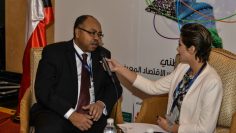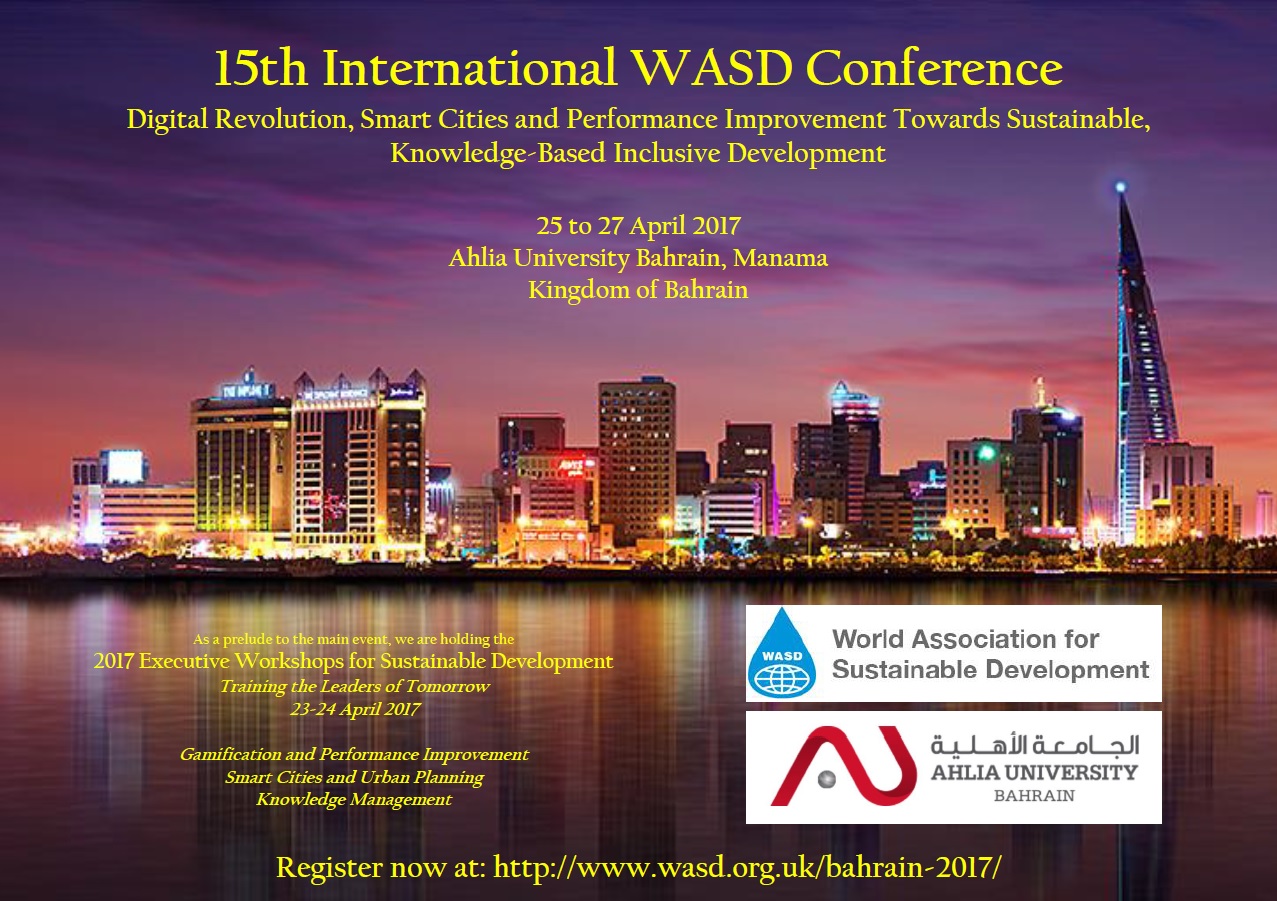
Digital revolution, smart cities and performance improvement towards a sustainable knowledge-based inclusive development
WASD 15th International Annual Conference
25-27 April 2017
Manama, Kingdom of Bahrain
This major international event will provide a forum for academics, government and industry to discuss the various challenges facing the world particularly the Middle East and North Africa (MENA) countries in their efforts to achieve a sustainable knowledge-based inclusive development.
This three-day conference will be a great opportunity for all scholars, government representatives and policy makers to get an external, unbiased point of view on the matters relating to their fields of practice.
Submissions of papers (no more than two papers per presenting author) are invited in any of the conference different RESEARCH TRACKS, but need not limit their options to these themes/tracks. Please submit your paper(s) directly to the Track Chairs with a copy to the Program Coordinator (wasd@sussex.ac.uk). The different themes (or tracks), each with a listing of topics, have been formulated to aid the organisers of, and participants in, this conference in paper solicitations, review, and in assigning time slots for presentation. The topics in each listing are typical examples and are not in any way exhaustive or even mutually exclusive. The aim is to include in this conference a wide variety of ideas and issues and not to exclude any scholarly input that is related to the major themes of this conference.
Among the various topics to be explored during the conference are:
- The impact of digital revolution on performance efficiency particularly in the public sector and consequently achieve sustainable development (SD) and the Sustainable Development Goals (SDG). Digital natives in the region are growing fast and it is therefore important that policy makers and governments consider the youth in all their policy design and implementation.
- Similar to other parts of the world, most countries in the MENA region accelerating the pace of urbanisation towards building smart cities to leverage developments in technology to improve the daily lives of their citizens. According to various reports by the UN, urbanisation is very high in most cities in the region; more than 65 per cent of the population in Arab countries are expected to live in urban areas by 2020. More than 80 per cent of GCC population are living in urban cities and in some counties such as Kuwait and Qatar almost all people are living in urban areas. Among the various its 2030 goals, Saudi Arabia 2030 vision is to have three Saudi cities be recognized in the top smart cities in the world.
- Recent trends in oil prices have stimulated the debate about economic security and future sustainability in the world particularly those countries heavily depending on oil. Currently, revenues from oil and gas extraction represent the main source of income, especially for oil and gas producing countries in the region. The prospect that a replacement for the income currently derived from oil and gas production and exports is not feasible, at least in the short and intermediate terms. We have witnessed, in recent months, governments across the region cutting back on subsidized prices of essential goods including food, water, electricity, and gasoline. Most governments registered deficits in their budgets reflecting the serious nature of their fiscal expenditures.
- With the exception of few countries in the region which has been successful to some extent in reducing dependency on energy sources, the current state of economic realities show that most countries in the MENA region have structural problems in responding to the economic challenges facing them. They need to rethink their development model and come up with localized approach to support sustainable knowledge-based inclusive growth. In this regard, lots of questions are asked and it seems that even policy making bodies cannot provide adequate answers about the future economic trends to remedy the existing conditions. Topics such as knowledge, technology, innovation, digital revolution, science, manufacturing and services are among of the widely circulated as alternative solutions. Even governments do not seem to have much thinking about what is needed to be done to relieve the situation.
- Governments in the region are under increasing pressure to raise to the current challenges of improving performance and effectiveness in public sectors and reducing the deficit. Policy makers are therefore need to consider creative and innovative approaches to cost saving and performance management. Most countries in the region have embarked in several major transformation and restructuring initiatives such as business process re-engineering.
- There is an urgent need for radical reform to reduce inequalities in income and wealth, reduce the size of the public sector, enhance people capabilities, reduce excessive consumption and strengthen private enterprises. Among other things, sustainable knowledge-based development has been mentioned in the debate on the future development of the region. With the exception of energy, resources to produce food, supply water, and to induce change through creativity, innovation and knowledge are in adequate to support reengineering the economic structure and support growth. In this respect sustainability could provide some solutions to the economic situation in these countries. This, however, will require effective institutions, efficient macroeconomic policies, good educational services, strong political will, regional cooperation and collaboration and genuine public-private sectors involvement. Factor mobility especially capital and labor need to be promoted to facilitate investment and stimulate growth.
These are some of the topics that we hope the conference will discuss in order to shed some light on the current socio-economic situation in MENA region. Similar to all pervious conferences organised by WASD, the event also aims to discuss a range of questions relating to strengthening the linkages between industry, universities and research institutions as well as reconnecting these institutions to the SD discourse by exploring the role of professionals, universities and research institutions in achieving SD.
This multi-disciplinary conference will give the participants the opportunity to share their knowledge and experiences from all over the world; the emphasis will be on the importance of evidence-based planning to overcome the challenges facing MENA’s efforts to achieve a sustainable future.




